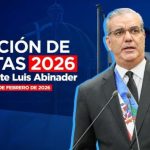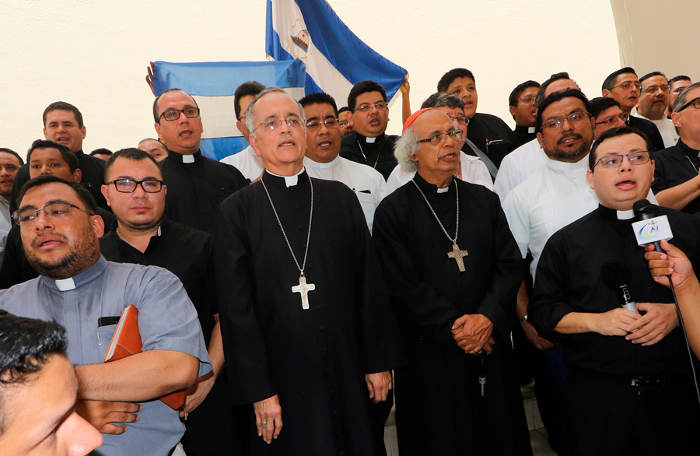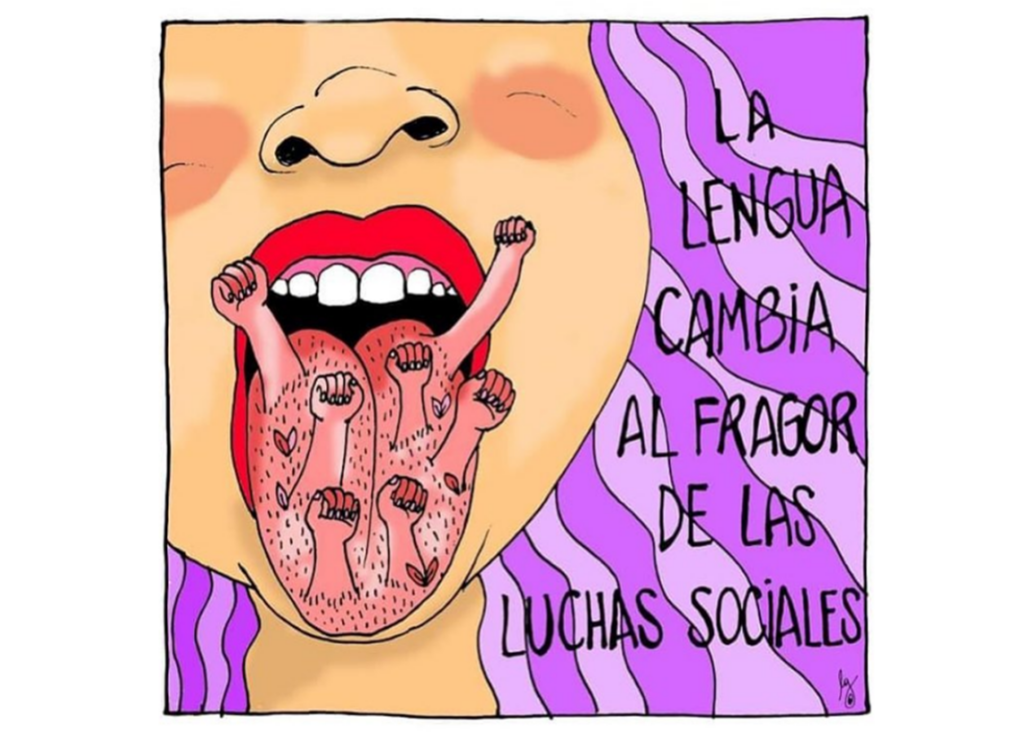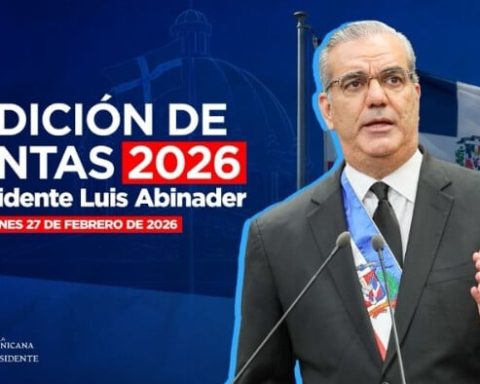AND
in the First War In the World War, there is an identification between the principle of nationalities and the right of peoples to dispose of themselves, fundamentally through political theory and action, on the one hand, by the Bolsheviks, and on the other, by the president of United States, Woodrow Wilson, who interprets this principle in the variant of self government; that is, as the right of the governed to have a government that enjoys their consent. Self-determination for Wilson is a synonym for popular sovereignty, which in the context of the American tradition had a totally different meaning from the one that millions of people would give it in those years of war, for whom self-determination meant, more than anything, national independence. Wilson’s involuntary contribution to the history of self-determination, as an ideological resource for international relations in conflict, occurs in the context of the First World War, which represents the entry of the United States into the European political arena and the beginning of its preeminence in the international field, without this preventing him from intervening militarily in Mexico, Cuba, Panama, Nicaragua, Haiti and the Dominican Republic.
At the other end of the political spectrum, Lenin elaborates theoretically and politically around self-determination as the right of peoples and nations to independence, to state separation, to the formation of their own states. For Lenin, self-determination was a democratic demand that emerged precisely from the liberal principles of bourgeois democracy, although in his theoretical analysis he went beyond the liberal interpretation. In fact, the Russian revolution was the decisive event that influenced the elaboration and radicality of this principle. In March 1917, the provisional government of revolutionary Russia announces that it wishes to establish peace unilaterally, on the basis of the right of nations to decide on their destinies
. Lenin and the Bolsheviks understood the value of national sentiment for their purposes of social transformation. Lenin managed to link the socialist paradigm of proletarian internationalism with the bourgeois-democratic paradigm of the right to national self-determination. Starting from the same theoretical presupposition of Marx on the world revolution, Lenin envisions –however– the importance of the national question as an element that would strengthen the struggle for socialism. In its balance of the discussion on self-determination
, Lenin pointed out that the socialists: “They must be in favor of harnessing for the purposes of the socialist revolution all the national movements directed against imperialism. The purer the struggles of the proletariat against the common imperialist front are today, the more essential, evidently, will be the internationalist principle that ‘the people who oppress other peoples cannot be free’”. In a heated debate with Rosa Luxemburg, Lenin advocated the recognition of the right to self-determination as the right to found an independent state of his own. Lenin, from his point of view as a Russian revolutionary, sees allies in all the enemies of tsarism, including the nationalisms of the oppressed countries, such as Poland, thus reaffirming the principle of national self-determination of peoples and nations. The great Leninist contribution was to theoretically and politically base the right to self-determination as one of the basic principles of coexistence between peoples and nations.
Despite the subsequent involution of the revolution under Stalin, which in fact denies this principle, Lenin made it clear that he was concerned about the national question. The last document dictated by Lenin refers precisely to the problems caused by Stalin in Georgia, his homeland: “It is necessary to distinguish between the nationalism of an oppressor nation and the nationalism of an oppressed nation, between the nationalism of a large nation and the nationalism of a small nation… Regarding the second nationalism, the members of a large nation are almost always to blame for committing infinite acts of violence in the practical field of history; and even more so: we inadvertently commit endless acts of violence and offenses… and I think that in this case, with regard to the Georgian nation, we witness a typical example of how the truly proletarian attitude demands extreme caution, delicacy and compromise on our part. the georgian [refiriéndose a Stalin] who treats this aspect of the problem with disdain, who makes contemptuous accusations of ‘social nationalism’ (when he himself is not only a true and genuine social nationalist, but a crude Russian henchman), this Georgian fundamentally violates the interests of the proletarian class solidarity. Ukraine today?

















